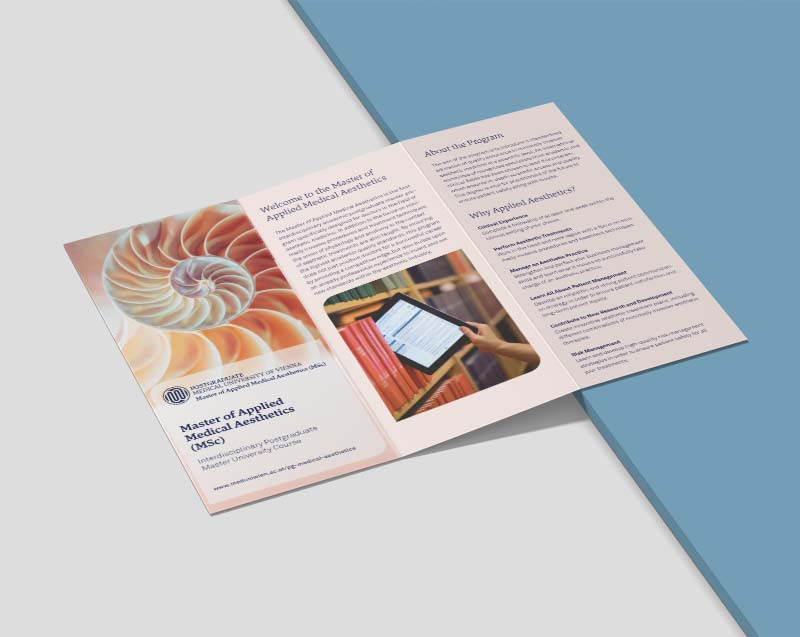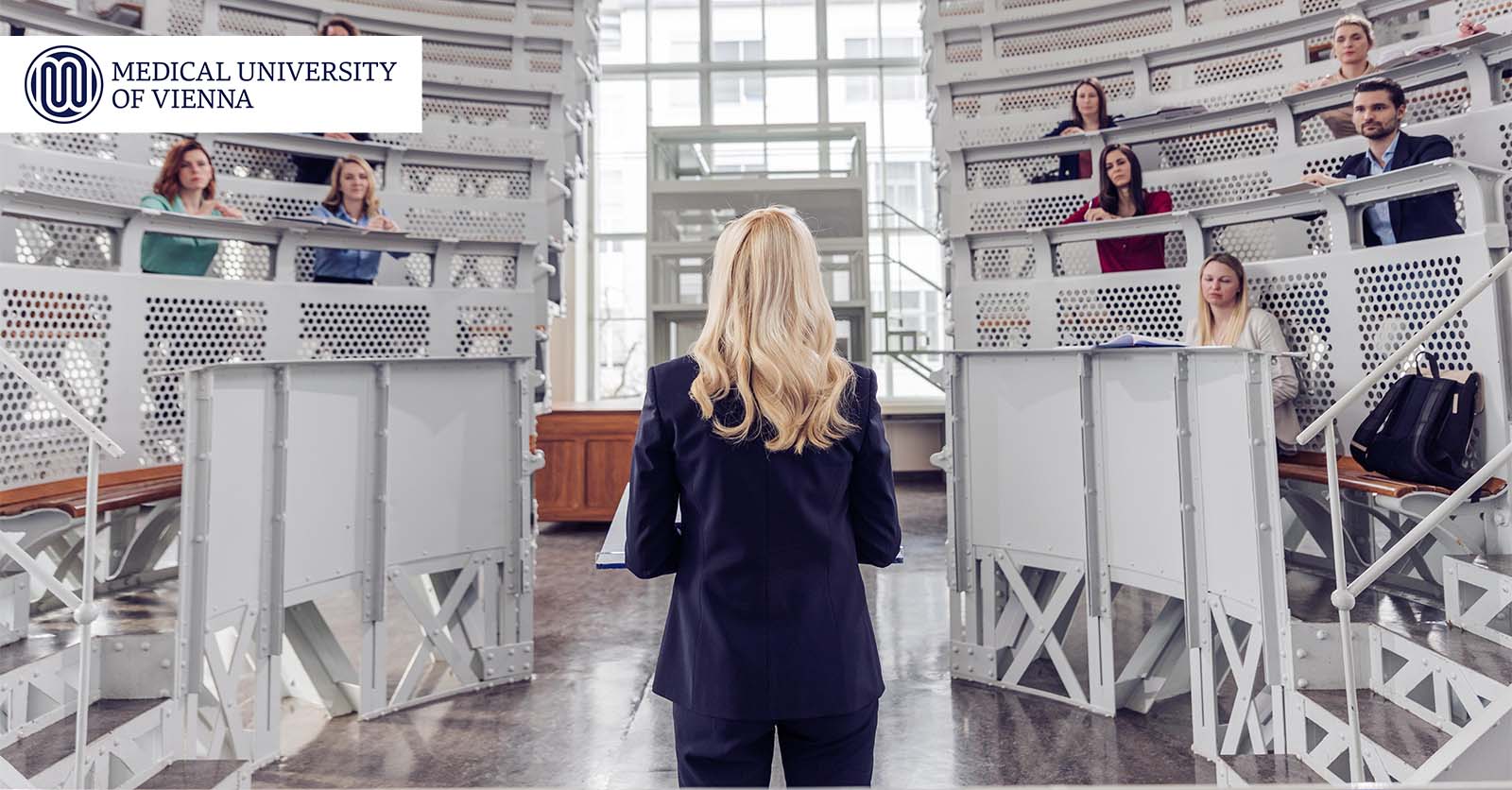
Master of Applied Medical Aesthetics
Aesthetic Medicine is evolving. Set yourself apart from key competitor with the university course „Master of Applied Medical Aesthetics“ that imparts an in-depth, scientifically and methodically high-quality education, which qualifies graduates for further qualification and employment in the field of minimal invasive medicine for the face and neck region. Easy from home.
About the program
By defining and establishing quality standards for all areas of work in aesthetic medicine in both the face and neck region, this program aims to set new standards for minimal invasive treatments, with a high focus on risk management and safer treatments.
In addition to the focus on minimally invasive procedures and treatment techniques, the areas of physiology and anatomy in the context of aesthetic treatments are also taught.
An international committee of recognized specialists from the academic and clinical field ensures the in-depth scientific access and quality. In order to increase patient safety and secure optimal results, a university master’s degree is crucial for practitioners in the aesthetics.

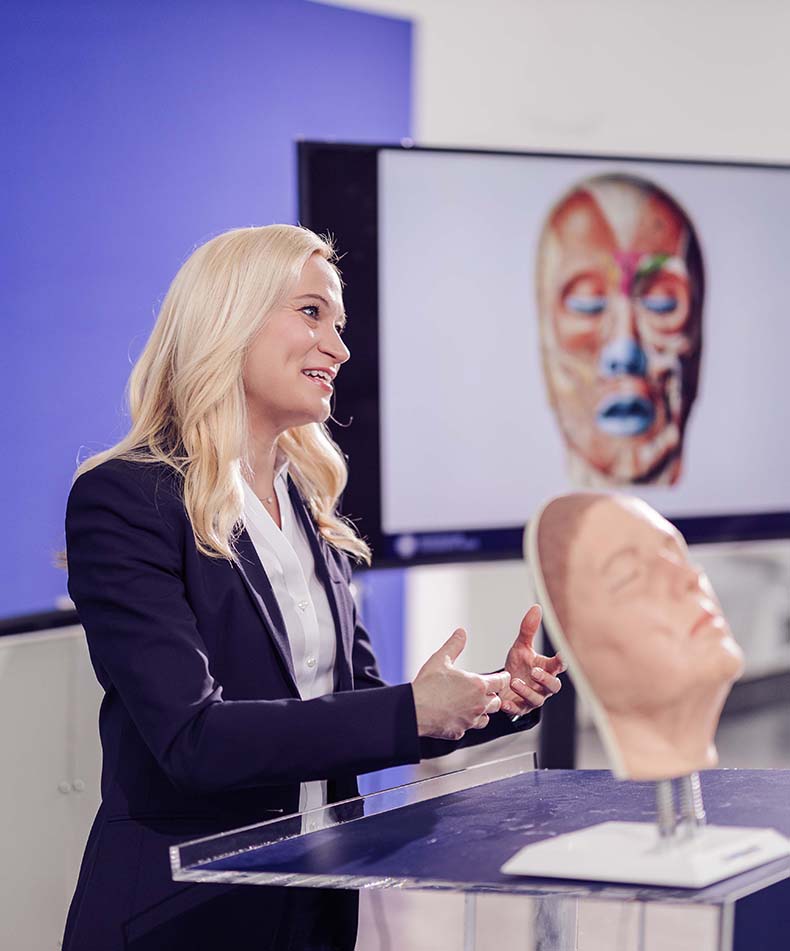
Students graduate with newly defined techniques and values:
Working and studying part-time? No worries.
This university course is structured on a part-time basis to fit into a practitioner´s work schedule. With both distance-learning and self-learning implementations in the course, the schedule is designed to be more flexible than traditional university programs.

Further information
Entry Requirements
- Completed Medical degree
- 2+ years clinical experience relevant to the application of aesthetic interventions
- The entitlement to practice medicine independently as a specialist in plastic surgery or dermatology. Alternatively the student may specialize in an area which requires the education of surgical procedures on the head and neck-area (specifically an equivalent qualification for these areas)
- English level B2
- The deadline for applications is 31 January 2024.
Tution fees
The total tuition fees amount to 34,000€. This payment can be made through either one installment, four installments or 8 installments, with no interest rate.
34,000 EUR – Paid in one installment
8,500 EUR – Paid in 4 installments (per semester)
4,250 EUR – Paid in 8 installments (per quarter)
Please note that this course does not offer financial aid.
Description of Modules
| Module | Fachgebiet | Module | ECTS |
|---|---|---|---|
| A | Anatomy | Anatomy of the face for aesthetic procedures
Participants will gain an in-depth knowledge of structural and functional facial anatomy by dividing the face into its key zones: Upper Face, Midface, Lower Face and Neck. Pitfalls and pearls will be demonstrated using best and worst case scenarios of clinical cases. |
6 |
| A | Case Study | Presentation of anatomical preparations
During the classroom session on anatomical dissections, participants will take photographs of the dissections, which will serve as the basis for a case description of the dissected region in the context of the aesthetic treatments of the affected region. |
3 |
| B | Physiology | Cutaneous Physiology, Healing, Scarring & Aging
Participants will gain an understanding of the physiology of the skin and age-related skin changes, both externally visible and those that accumulate at the cellular level. |
6 |
| C | Psychology and mental health | Patient psychology and consultation
This module presents basic knowledge and key practical skills on the psychological aspects of patients seeking aesthetic treatment and how to guide patients through a consultation. |
6 |
| D | Standardized photo documentation | Standardized documentation by means of before/after photos
Standardized photography of patients for before/after photos, in preparation for case studies of clinical work. Focus on number of shots, angle, lighting. |
3 |
| E | Aesthetic Treatments | Minimally Invasive Aesthetic Treatments
This module presents fundamental knowledge and key practical skills in the latest cutting-edge techniques in minimally invasive aesthetic treatments using stand-alone methods such as injectables, sutures and neuromodulators. |
6 |
| E | Case Study Aesthetic Treatments | Case Study for Module F
Description of clinical application with case study and individual treatment steps and visualization incl. pictorial representation of the procedure and the outcome with before/after comparison |
3 |
| F | Aesthetic Treatments 2 | Advanced & Combined Treatments
During the module, participants will learn how to maximize an outcome, reduce downtime, and increase patient satisfaction through the independent application of advanced techniques and the combined approach of modern facial aesthetic treatments (injectable, platelet-rich plasma, stromal vascular fraction, sutures, neuromodulators). |
6 |
| F | Case Study Aesthetic Treatments 2 | Case Study Module F
Description of clinical application with case study and individual treatment steps and visualization incl. pictorial representation of the procedure and the outcome with before/after comparison. |
3 |
| G | Regenerative Treatments | Regenerative Treatments & Cosmeceuticals
During the module, participants will learn how to enhance the effects of minimally invasive rejuvenation techniques with advanced energy-based devices and the application of customized cosmeceuticals. |
6 |
| G | Case Study Regenerative Treatments | Case Study Module G
Description of clinical application with case study and individual treatment steps and visualization incl. pictorial representation of the procedure and the outcome with before/after comparison |
3 |
| H | Business | Business Administration – Organisational Management
Participants will receive an overview of the key objectives, tools and principles of effective management methods, as well as an introduction to the principles of effectiveness and goal-oriented management of an organization. |
6 |
| I | Human Resource Management | Human Resource Management
Participants learn how to discover and promote the potential of employees. (Dysfunctional) dynamics both within individuals and within teams are discussed. Possible solutions are evaluated using selected leadership models. |
6 |
| I | Employee management | Employee performance review
Conducting a simulated employee performance review as a role play within the framework of an assessment center |
3 |
| J | Quality -Management | Quality Assurance, Ethics, Communication, Marketing
The course emphasizes quality assurance, ethics, and how to communicate effectively through essential marketing principles Participants will be provided with a broad range of off and online marketing tools and concepts to ensure sustained success while maintaining ethical and quality standards in their practice. |
6 |
| K | Journal Club | Journal Club
Review and discussion of recent current studies and peer-reviewed publications in the context of presentations by participants. |
6 |
| L | Fellowship | Fellowship
Participants gain the necessary hands-on experience and apply the knowledge gained in the previous nine modules in a clinical setting. |
6 |
| L | Work report | Work report fellowship
Work report for practical hours to be credited, like OP catalog for surgeons, mentor decides on clnical relevance of applicant, scientific management / advisory board appoints mentor. |
3 |
| M | Scientific Working | Seminar Scientific Working
In this seminar the basics of scientific work and Good Scientific Practice are taught. Furthermore, the seminar also includes the topics of statistics, literature research and the scientific basics for the development of the master thesis. Finally, this module covers competencies in medical writing in preparation for writing publications in peer-reviewed journals and relevant scientific journals. |
10 |
| N | Scientific Statistics | Seminar Statistics
Building on Module K, this module explores statistical methods in greater depth and discusses their relevance in the field of medical research and in the conduct and evaluation of clinical trials. |
3 |
| ECTS | |
| Module 1-11 | 78 |
| Modul L | Fellowshio | 6 |
| Work report Fellowship | 3 |
| Master Module Seminar Scientific Work |
10 |
| Seminar Statistics | 3 |
| Master Thesis | 19 |
| Defense of Master Thesis | 0,5 |
| Final Examination | 0,5 |
| TOTAL | 120 |
Duration
Total Credits: 90 ECTS
Year 1:
- Semester 1 – 3 Modules
- Semester 2 – 3 Modules
Year 2:
- Semester 3 – 3 Modules
- Semester 4 – Fellowship/Research/Thesis
Our lectors
Insight into our lecturers who will accompany you during your studies.

Univ. Prof. Dr. Christine Radtke
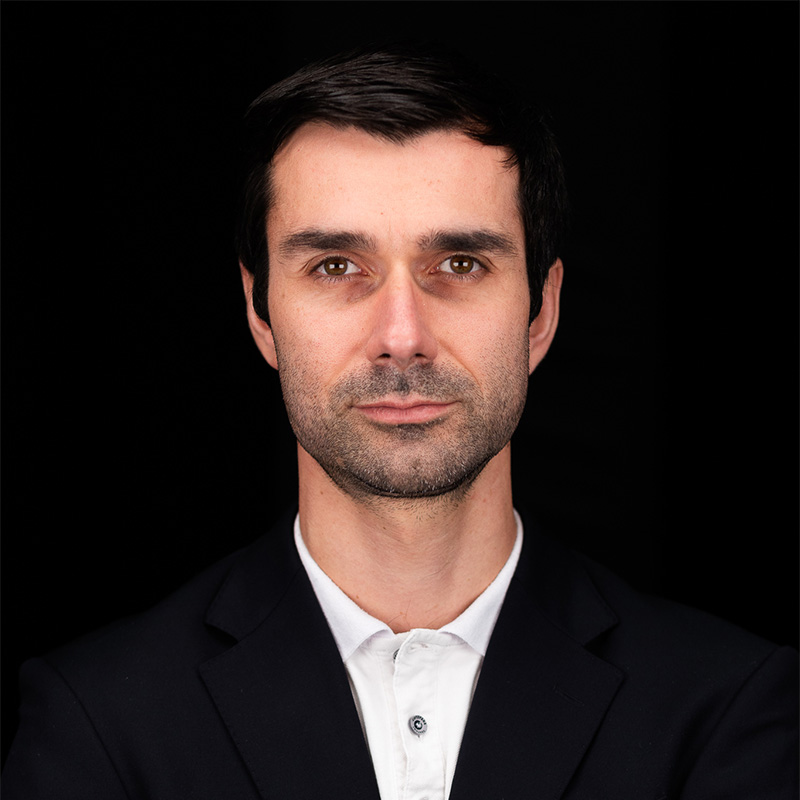
Sebastian Cotofana, M.D., Ph.D., Ph.D.
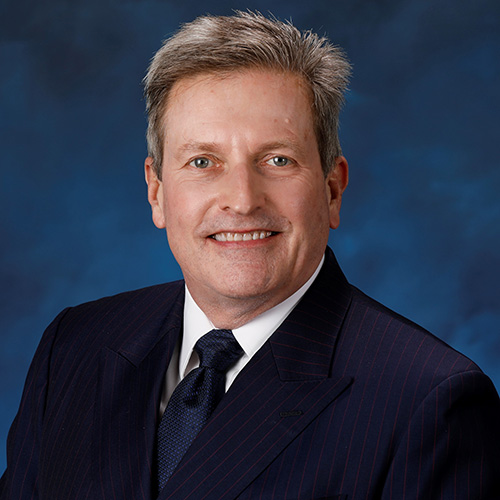
Gregory R.D. Evans, MD FACS

Dana Fox

Prof. Bob Khanna
Request more information
You can write us a message if you would like to know more about the application process or would like to just get some more information about the program.
Apply now
Start your online application process: The following link will take you directly to the form where you can submit your data and documents.


